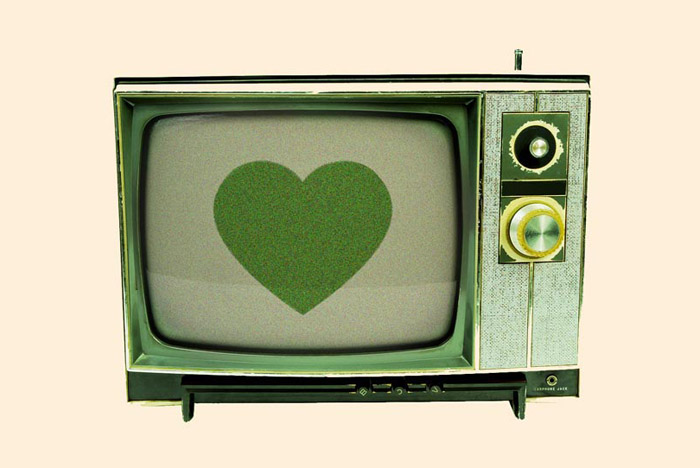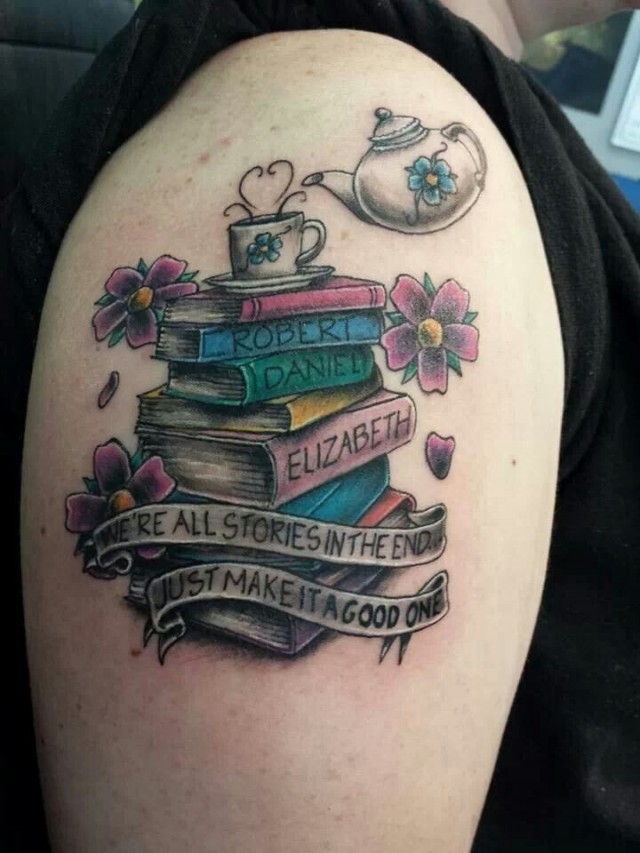To celebrate UN International Tolerance Day this year, Bath Spa University compiled a list of the 10 most influential books ever published that “encouraged free thought and positive change in society.”
Part of the University Library’s “Reads and Rights” campaign, the titles selected come from both the twentieth- and twenty-first-centuries, and cross stylistic divides and those of genre, but what links them is a sense of “humanity at its most diverse and compassionate.”
The project – in which students and academics, authors and, of course, librarians took part – lasted a year in all, those involved deciding on which works to include based on the five categories of “race, gender, disability, mental health, and sexuality.”
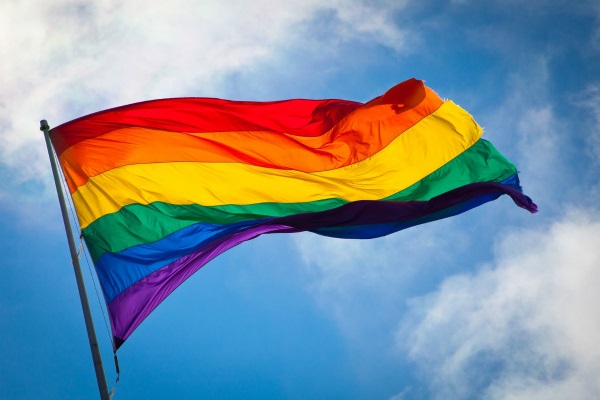
Source: Chiang Mai City Life
“[The project] intended to celebrate diversity across history and in the literary sphere, highlighting the authors and books which have inspired debate and change around the world.”
The final list, released in time for the UN International Tolerance Day on November 16th, came to fruition with the help of the public, also, with Twitter users voting online. Alison Baud, Director of Library and Learning Services at Bath Spa University, hopes that the project will help to further highlight the need for libraries:
“In a fragmented world, where sadly inequalities still occur every day, it is important we all have access to such powerful tools as books […] It is vital that investment is made in libraries for this very reason […]”
1. Two Boys Kissing by David Levithan
Narrated “by a Greek chorus of the generation of gay men lost to AIDS,” Levithan’s 2013-published YA novel is based on true events and focuses on two seventeen-year-old boys undertaking a 32-hour “kissathon” to set a world record, as their challenge affects not only themselves, but those around them.
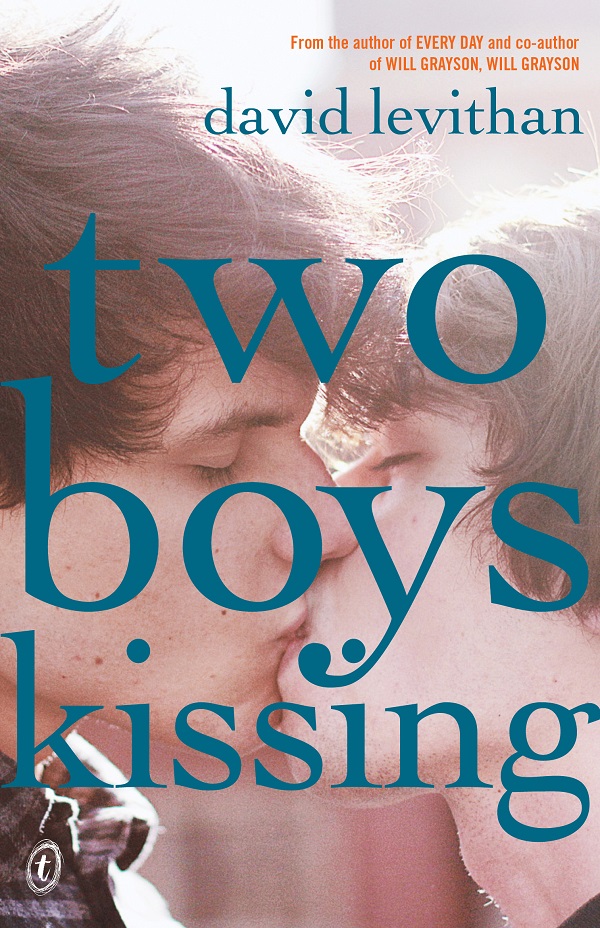
Source: Amazon
2. Nevada by Imogen Binnie
In Binnie’s 2013 novel, Maria Griffiths is a “young trans woman living in New York City” who tries to stay strong when she discovers the world she had carefully crafted for herself wasn’t built on true foundations.
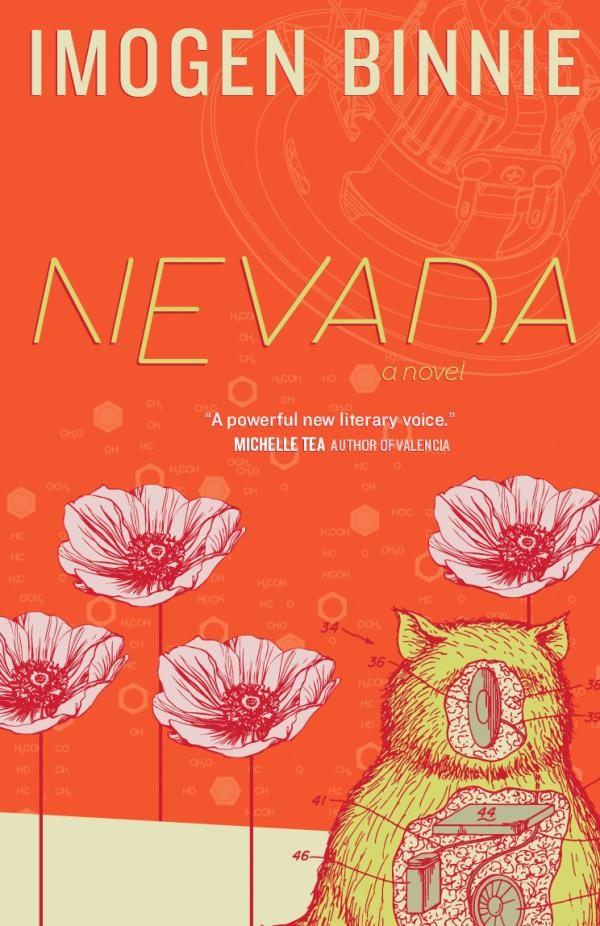
Source: Amazon
3. The Reason I Jump by Naoki Higashida
A memoir by the author David Mitchell’s son, The Reason I Jump is Naoki’s 2007 account of his experience of autism and is truly unique. Come into being through “an alphabet grid” of interpretation and the labor of love of both Mitchell and his wife, this is an intimate explanation of life on the autistic spectrum.
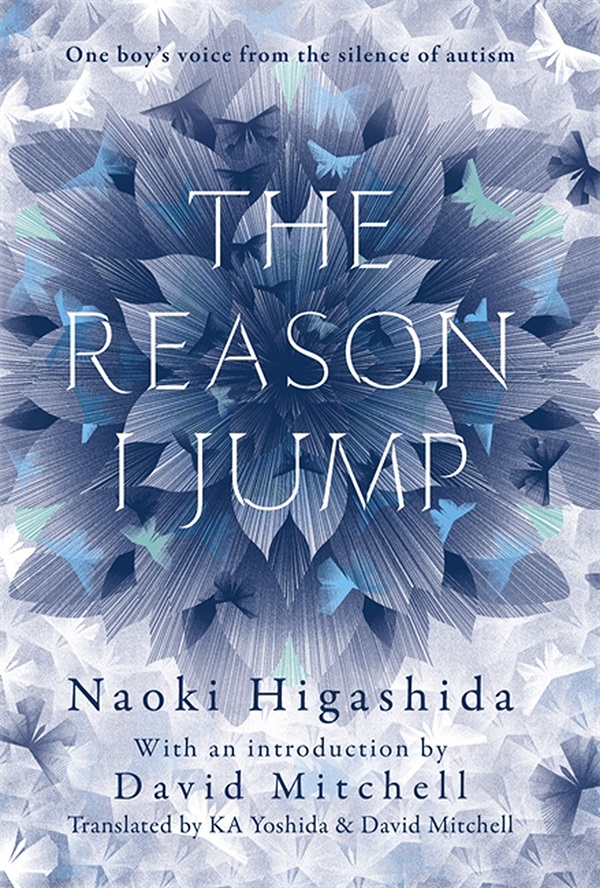
Source: Amazon
4. The Story of My Life by Helen Keller
First published in 1903, Helen Keller’s autobiography tells of her experience living both deaf and blind, up to the third year of her attendance at Radcliffe College. A life lived with hope and a literal battle against physical disability, this was an instant classic at its publication and still is, over a century later.
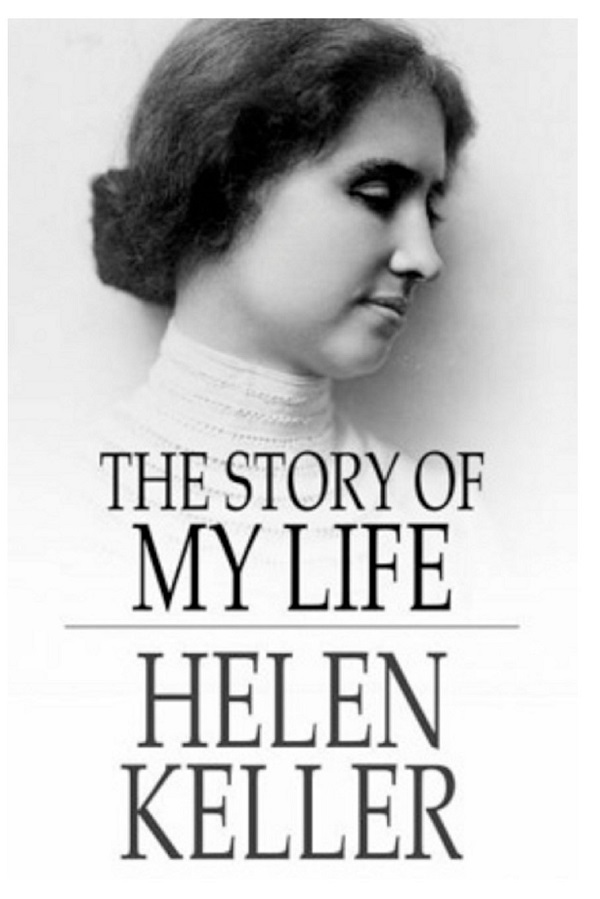
Source: Amazon
5. I Am Malala by Malala Yousafzai
The memoir of the youngest ever recipient of the Nobel Peace Prize, Yousafzai is the extraordinary girl who was shot in the head at point blank range by the Taliban in 2012 for protesting her right to an education by riding to school on the bus. From that remote valley in Pakistan, her recovery has become a global symbol for peaceful protest.
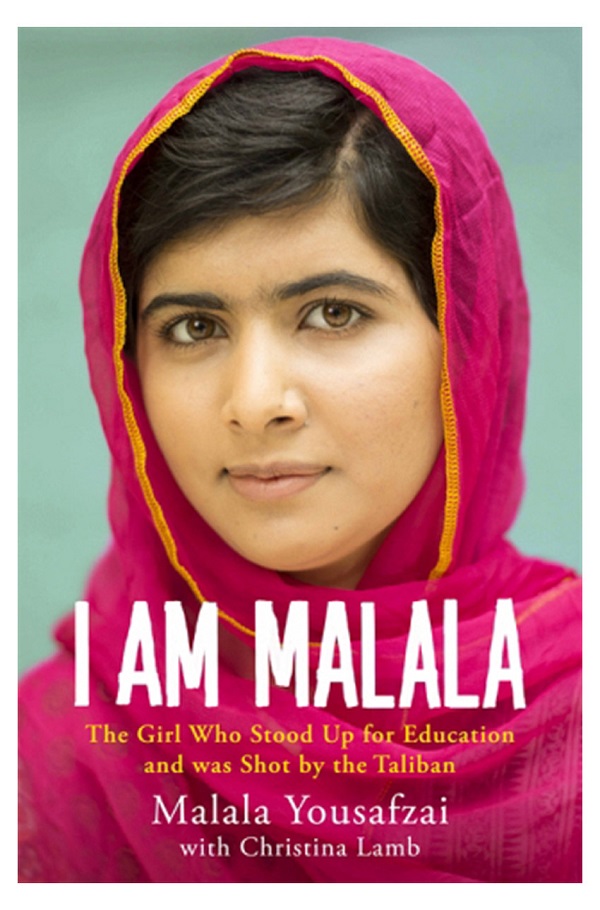
Source: Amazon
6. Orlando by Virginia Woolf
One of Woolf’s most famous creations, this was essentially a love letter to Vita Sackville-West disguised as a fictional biography. From an Elizabethan nobleman to a 1920s liberated woman, Orlando was published in 1928 and is a classic of lesbian literature (and, indeed, the Western canon).
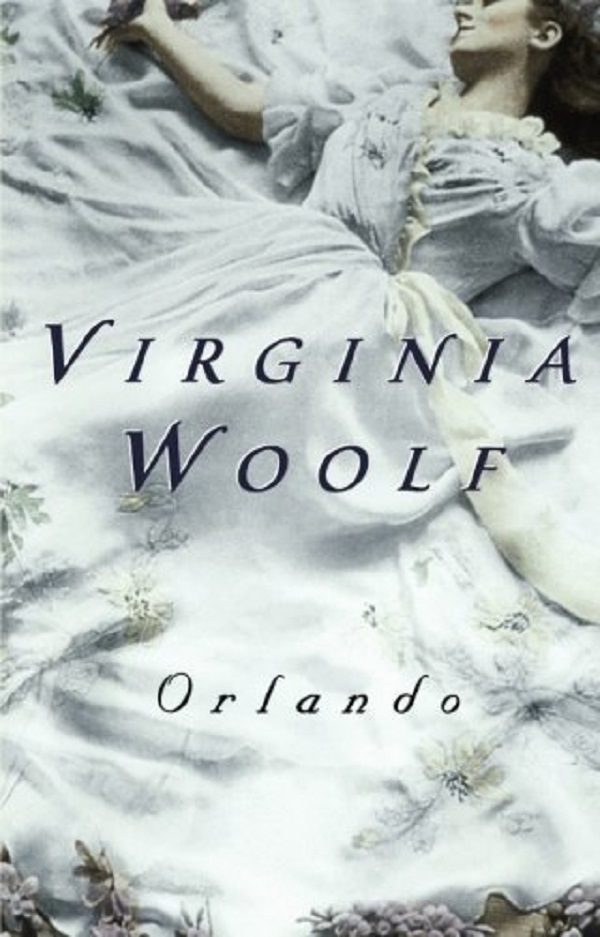
Source: Amazon
7. Elizabeth is Missing by Emma Healey
A “heartbreakingly honest meditation on memory, identity, and aging,” Healey’s debut novel of 2014 was received with critical acclaim. Maud is slowly succumbing to the effects of dementia, so no one believes her when she claims her friend, Elizabeth, is missing. Setting out alone to discover the truth herself, Maud leaves a trail of handwritten notes which terrifyingly depict the loss of memory.
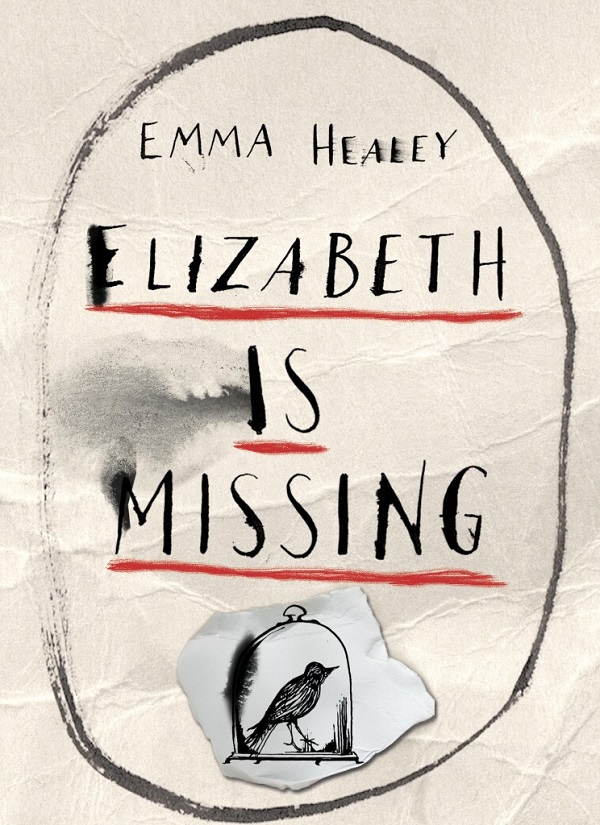
Source: Amazon
8. The Bell Jar by Sylvia Plath
A “haunting American classic,” Plath’s 1963 semi-autobiographical novel follows the hugely talented Esther Greenwood as she suffers a nervous breakdown. It is the way in which the breakdown is rationalized, as a wholly normal affair, even to the point of inevitably, that stays with readers.
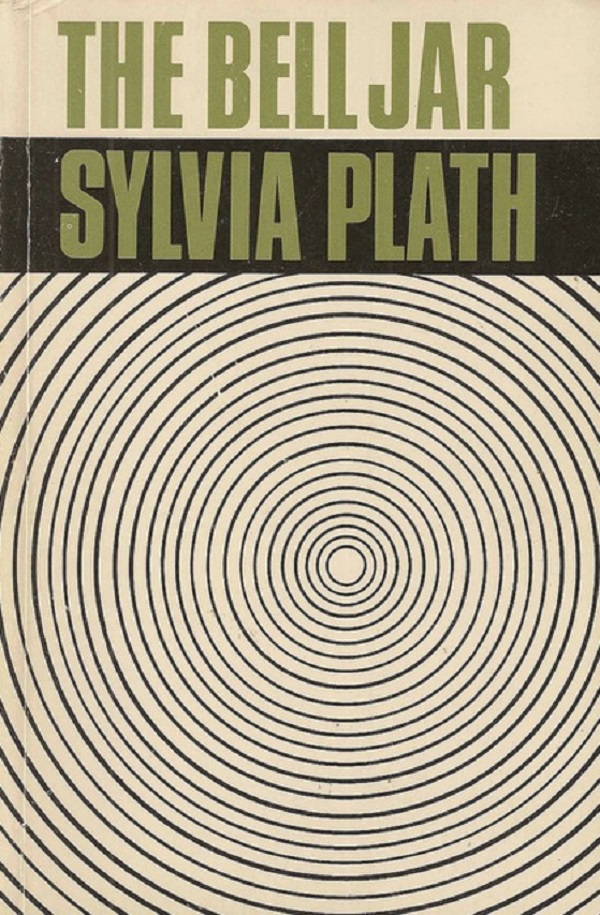
Source: Amazon
9. If This is a Man by Primo Levi
Subtitled Remembering Auschwitz, Levi set out to make “comprehensible in lucid, unpretentious prose” the “German hell on earth.” This 1947 account of Levi’s “moral stamina” in surviving the Holocaust is a twentieth-century classic, considered by Philip Roth “One of the greatest human testaments of the era.”
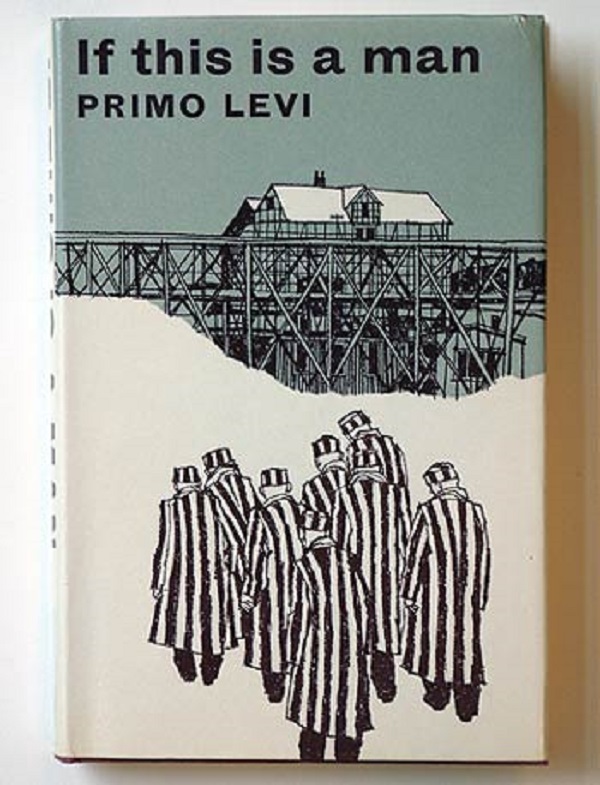
Source: Amazon
10. Ain’t I a Woman by bell hooks
A classic feminist text on black womanhood, Ain’t I a Woman was published in 1981 and explored sexism during black slavery, racism between feminists, and much more. It can only be reiterated that this is a seminal text of feminist literature.
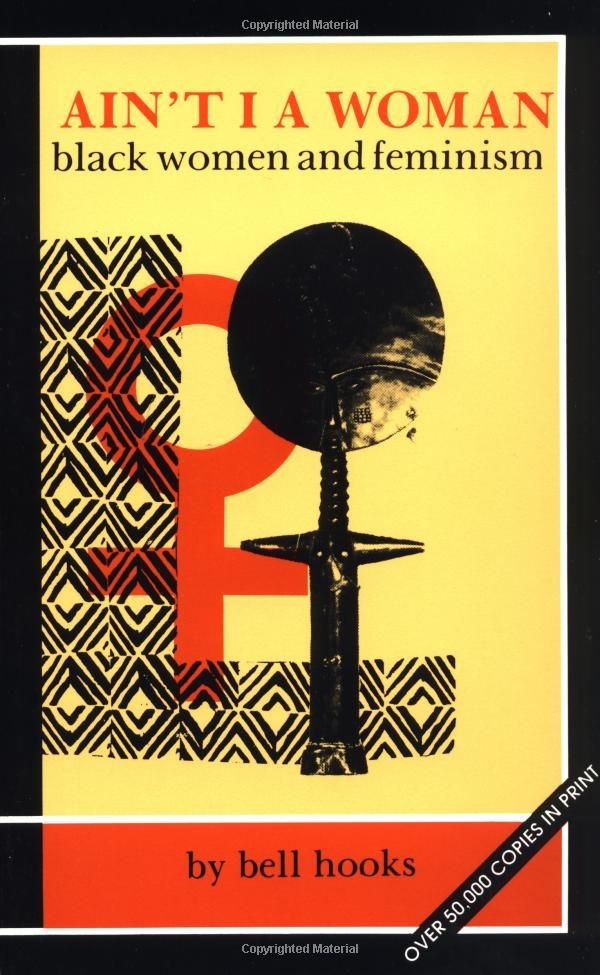
Source: Amazon
Do you agree with the list? Are there any titles you feel should have been included?
https://www.youtube.com/watch?v=nk3P1v27lzU&w=600&h=338
YouTube Channel: Haley Dean
Featured image via Social Connectedness
h/t Independent

